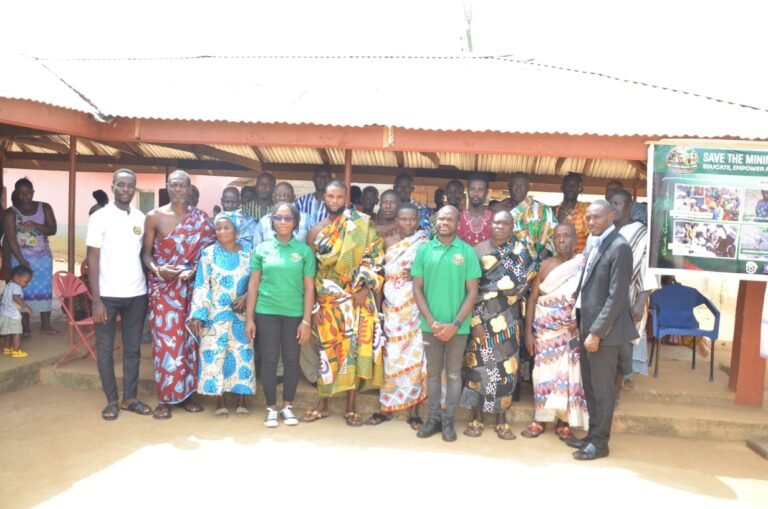
The Minister of Health, Dr. Bernard Okoe-Boye has announced a significant progress in the National Health Insurance Scheme (NHIS) to cover mental health conditions.
According to the Minister, this initiative has led to the codification of some of the most common mental health conditions in Ghana, including bipolar disorder, depression, and schizophrenia.
He made the remarks at the Minister’s Press Briefing organised by the Ministry of Information in Accra yesterday.
“For the first time, when patients visit hospitals with these mental health conditions, the state will pay for their treatment. Ghana, since the Fourth Republic, has never paid for mental health care. We have been taking steps to address this, and I believe the NHIS board will soon finalize this package,” the Minister said.
Dr. Okoe-Boye also highlighted the success of the NHIS mobile app, which allows Ghanaians to register for health insurance using their Ghana Card from the comfort of their homes.
“With the app, you can input your Ghana Card details, pay using mobile money, and receive a digital NHIS card instantly. For citizens aged 70 and above, they can now access healthcare without paying any upfront costs”, he explained.
The Government has also integrated traditional medicine into mainstream healthcare, reflecting efforts to cater for diverse medical needs. In terms of healthcare employment, the Government has made strides in absorbing thousands of health workers into the public sector.
“Since 2017, over 21,000 health workers have been placed on Government payroll, with more opportunities available. Hospitals, not just factories, are significant job creators,” Dr. Okoe-Boye emphasized. The Health Minister stated that the migration of Ghanaian health workers abroad was being encouraged as part of a broader strategy.
“The Ministry of Health has made arrangements with countries like Barbados and Seychelles to provide job opportunities for nurses abroad. By October, the third batch of nurses will leave for Barbados,” he disclosed.
Dr. Okoe-Boye mentioned that efforts to streamline the healthcare system also include drone technology for medical logistics.
“In remote areas, where it may take hours for vehicles to reach hospitals, essential medicines can be delivered via drones. This is part of our commitment to ensuring that every Ghanaian, regardless of location, receives timely healthcare services”, he stated.




